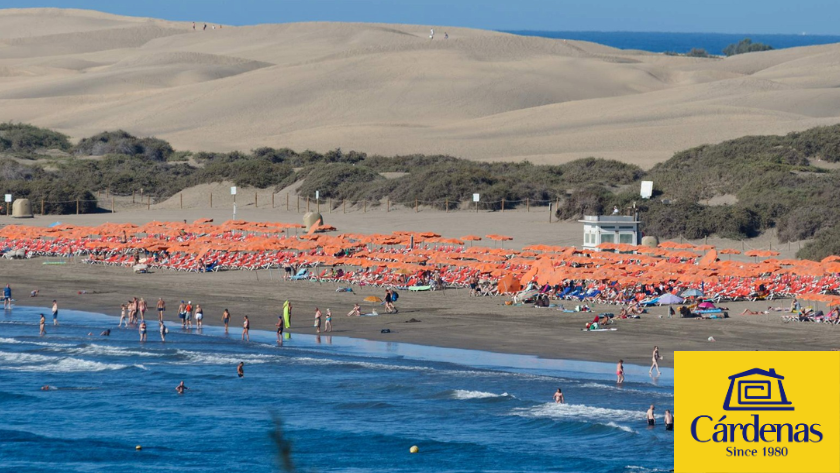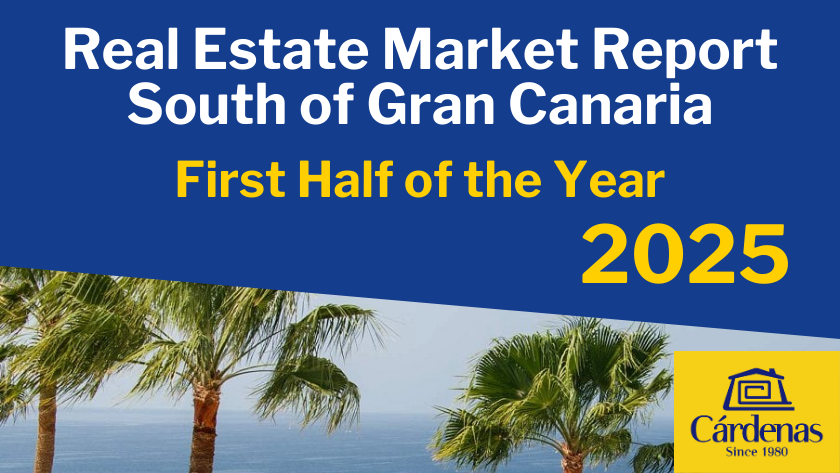New Requirement For Tourist Rentals Or Holiday Homes (Vv): Express Approval From The Community Of Owners
Published in Buyer tips, Legal & Tax, News
From April 3, 2025, if you want to rent out your property as a holiday home within a community of owners, you must have the express approval of the community itself (Organic Law 1/2025 on measures for the efficiency of the Public Justice Service).
Although registration is obtained automatically through a responsible declaration, in that declaration you must confirm that you have the community’s authorization. If this is not true and the authorities verify it (through inspection or complaint), the registration can be revoked, and you may be fined.
What does this change imply?
From April 3, 2025, if your property is in a community of owners and you want to rent it out as a holiday home, you need prior approval from 60% of the owners representing 60% of the ownership quotas.
This represents a major shift: it’s no longer permitted by default unless prohibited, but rather prohibited unless expressly authorized.
This restriction is not retroactive. If your tourist rental activity was legalized before April 3, 2025, you may continue to operate.
And in practice?
Obtaining that 3/5 majority won’t be easy in most communities. In many cases, there are non-resident owners, others who don’t actively participate, or simply differing interests. This could be a significant barrier for those wanting to start holiday rentals in properties within a community of owners.
What alternatives are there?
In southern Gran Canaria, where at Cárdenas Real Estate we’ve been helping property owners for over 40 years, there are attractive alternatives to make your property profitable:
-
Medium and long-term rentals, especially during winter months when there’s strong demand from long-term European visitors.
-
Permanent residential rentals, which also offer good returns due to high demand and low housing supply.
- Short-term rentals among individuals, such as to family, friends, or acquaintances, without advertising on tourist platforms. This type of rental is not subject to regional regulations or registration, although income must still be declared for tax purposes.
These options involve fewer procedures and are more stable in the long term, especially under the current legal framework.
If you have any questions about how this change affects your property or would like to explore other rental options, we are here to help.
































































